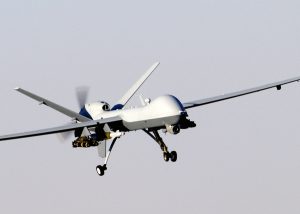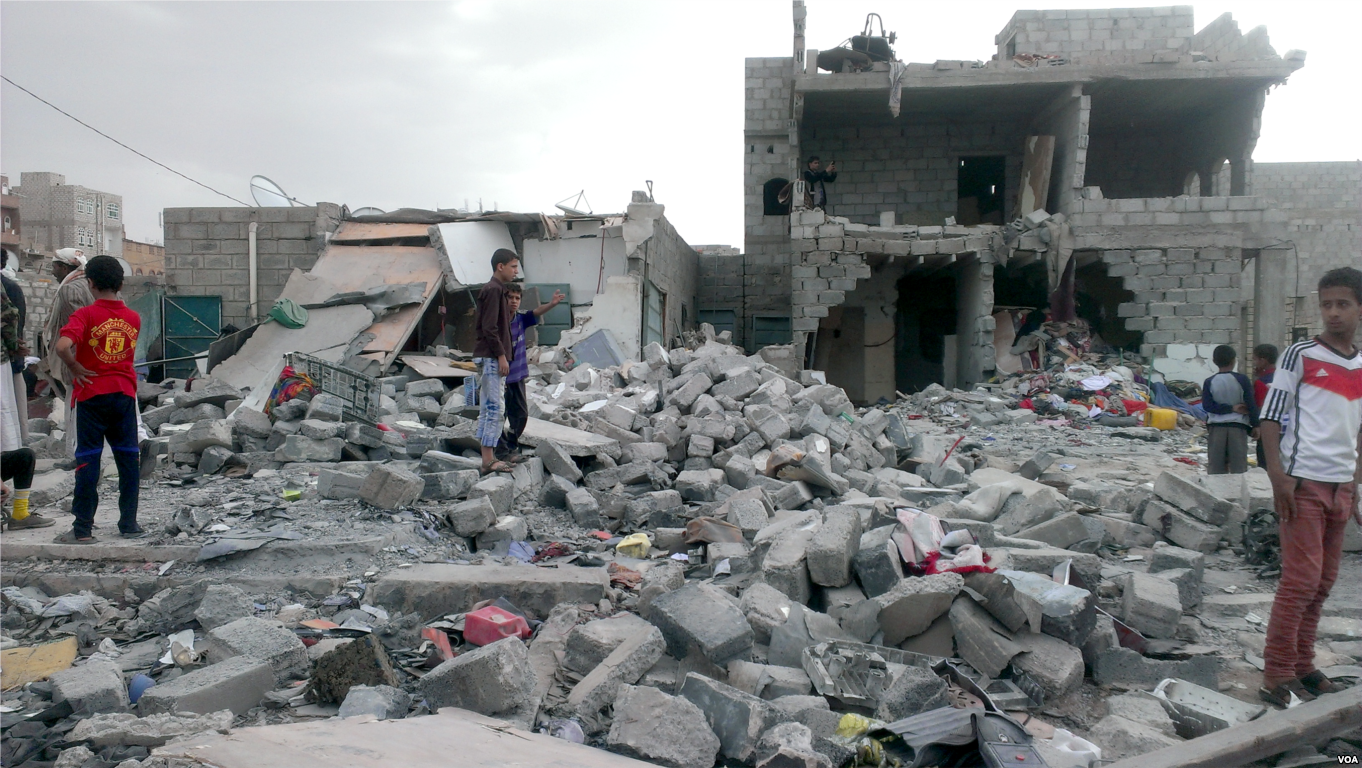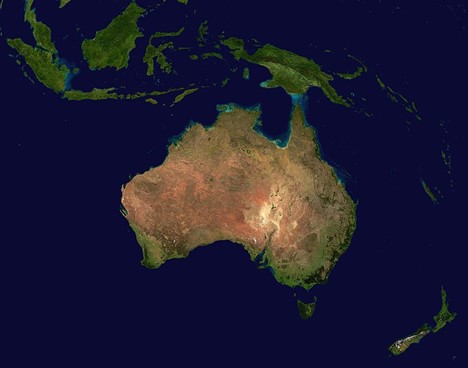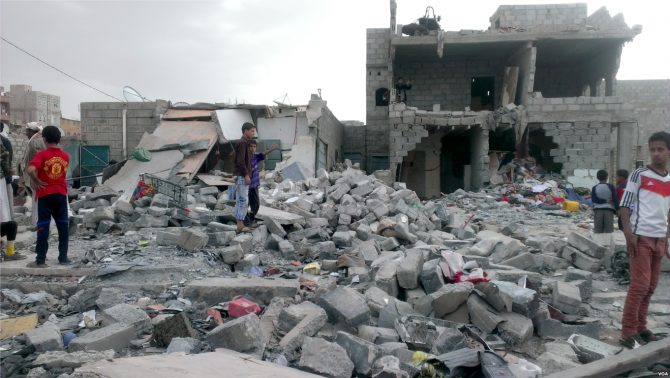By Matthew Fay
October 26, 2017
Click here to RSVP for the upcoming Distinguished Speaker Series event, “Hidden War: American Foreign Policy and the War in Yemen”.
By any reasonable measure, the ongoing civil war in Yemen is a tragedy. From the beginning of the war in March 2015 to March of this year, at least ten thousand civilians have been killed from the ongoing violence, according to estimates by the United Nations. As of last year, the United National High Commission for Refugees estimated last year that 2.4 million Yemenis were internally displaced. Millions more face starvation. The country also faces a cholera outbreak that began last year. And that is just a brief snapshot of what may be the world’s worst humanitarian crisis.
The main combatants in the civil war are the government of Abdrabbuh Mansur Hadi, backed by Saudi Arabia; Houthi rebels, who the United States and Saudi Arabia accuse of being backed by Iran; as well as al Qaeda in the Arabian Peninsula, the terrorist group’s affiliate in the country. Saudi Arabia has directly intervened in the conflict and earned widespread condemnation due to the brutality of its bombing campaign there.
The United States plays a supporting role in this tragedy. The U.S. military has been conducting counterterrorism operations against the al Qaeda franchise in Yemen for more than a decade, most often through the use of unmanned aerial vehicles. The Pentagon has previously provided military aid to Yemen’s government, though weapons and equipment went missing in 2015. The United States has supplied weapons to the Saudi government as well as logistical and intelligence support. The Obama administration put limits on some support over criticisms that the Saudis were purposely targeting civilians. But the Trump administration began to reverse those limitations earlier this year.
In light of the U.S. government’s involvement, why does it seem that the American people are largely unaware of their government’s role in the conflict? There are likely a number of reasons, but they boil down to a simple fact about the relationship between American society and foreign wars. In short, the American public has little reason to find out what’s happening in Yemen because they can afford to ignore it.
Few Americans—less than one percent of the population—serve in the military as a whole. Even in far more manpower-intensive wars such as those in Iraq and Afghanistan, large portions of the American public will have only limited personal contact with those who served. The “boots on the ground” in Yemen, however, are those of a small number of special operators. This light footprint means the percentage of the public that will hear firsthand what is going on there, let alone experience it, is negligible.
Military technology exacerbates this problem. Since the need for a large standing military force emerged in the aftermath of World War II, the United States has frequently substituted capital for labor to fulfill its military needs. Technology would obviate the need to match the Red Army’s superior manpower during the early Cold War. With the end of the military draft as the Vietnam War drew to a close, and the simultaneous emergence of advanced information technologies, the inclination to substitute capital for labor became even more pronounced. The U.S. military’s performance in Operation Desert Storm reinforced this faith in America’s military technological advantage.

Today, that faith manifests itself in the reliance on unmanned aerial vehicles to prosecute the war on terror and the use of advanced American logistical and intelligence, surveillance, and reconnaissance capabilities to support allies at war. Just as the these capabilities allowed the United States to “lead from behind” in Libya—supporting its European allies with its unique capabilities, during the intervention—it enables the United States to do the same for Saudi Arabia in Yemen.
Yet there is a cost to this advantage. Most Americans are disconnected from the costs of U.S. military actions and American foreign policy more broadly because it does not affect them in any tangible way. Historically speaking, American public opinion is sensitive to increasing casualties. A light military footprint in the form of special operations forces and advanced technology limits the number of potential casualties. Fewer American combat deaths are obviously a welcome development, but it also makes it less likely the public will be aware of the consequences of U.S. military actions.
Attention to these missions does spike when something goes wrong. For example, the controversial deaths of four U.S. service members in Niger brought new attention to the American military presence there in recent days. A quick search in in Google Trends shows that searches related to Niger have spiked in the last week. Similarly, in the early days of the Trump administration searches related to Yemen spiked when a U.S. Navy SEAL was killed in a raid that also took the life of the eight year-old daughter of Anwar Al Awlaki, an American Muslim cleric killed in a U.S. drone strike in Yemen in 2011 for fomenting violent extremism on behalf of al Qaeda. However, the effect of the latter event was temporary. By the end of February, searches had returned to prior levels.
In the absence of similar tragedies, the small U.S. military presence in Yemen will keep most Americans insulated from its consequences and the war there is likely to remain hidden from most Americans for the foreseeable future.
Matthew Fay is a PhD student in political science at the Schar School of Policy and Government and a defense policy analyst with the Niskanen Center. He holds a master’s degree in international relations from American Military University and another in diplomatic history from Temple University. His research interests include U.S. foreign policy, grand strategy, and defense politics, and his current research focuses on the politics of military innovation.
Disclaimer
The articles and other content which appear on the Center for Security Policy Studies website and social media posts are unofficial expressions of opinion. The views expressed are those of the authors, and do not reflect the positions of the Schar School of Policy and Government or of George Mason University.
The Center for Security Policy Studies does not screen articles to fit a particular editorial agenda, nor endorse or advocate material that is published. The Center for Security Policy Studies merely provides a forum for scholars and professionals to share perspectives and cultivate ideas. Comments on any digital outlet of the Center for Security Policy Studies will be moderated to ensure logical, professional, and courteous application to intellectual content.





